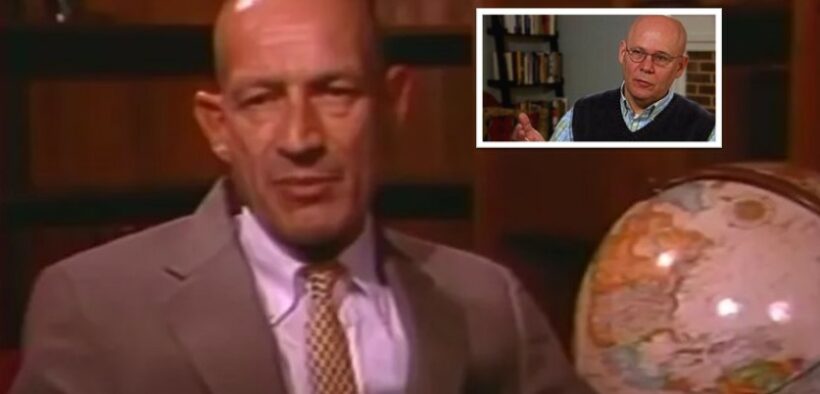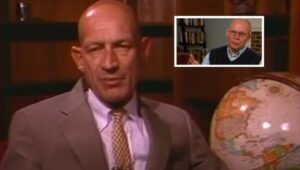EDITOR’S NOTEBOOK: Expressing the Imago Dei in Economic Terms
Most Christians Don't Know The Name of Julian Simon, But We Should

Julian Simon’s name does not mean much to many Christians today, but it should. 
Since his death 25 years ago, those who follow “the dismal science” of economics continue to study him, but most of the rest of us…well, not so much. He is, though, something of a model for how to promote unpopular ideas in the public square in ways that attract not just attention, but adherents.
For example, in the 1960s and 1970s, conventional wisdom was that the global population was growing so fast that the world was headed toward disaster. Paul Ehrlich’s alarmist 1968 book The Population Bomb predicted mass starvation as a primary feature of global catastrophe – all to occur by the 1970s. The book sold millions of copies and helped fuel the drive to legalize abortion and set in motion massive United Nations and government programs to limit population growth. Ehrlich also predicted that price of raw materials would skyrocket as a rapacious human race caused them to became increasingly scarce.
Into this conversation stepped Julian Simon. His 1981 book The Ultimate Resource said humans were not, in fact, a blight on the earth, but – as the title suggests – its ultimate resource. He said that the human ability to invent and adapt would cause life on earth to prosper and life to get better as the population grew. Why? Because humans created resources at a far greater rate than they consumed them. The book was fundamentally about economics, not religion, but it made a key biblical point: we are made in the image of a Creator, so we too create.
To make this point about the creative power of humankind, and to capture the public imagination, Simon said that if Paul Ehrlich was right in The Population Bomb, the price of commodities should skyrocket. He publicly bet Paul Ehrlich that the price of a basket of five commodities would fall, not rise, over the course of the coming decade. Ehrlich took the bait, and Simon won this bet handily, as the price of all five metals fell. “The Bet,” as it came to be called, had a big influence on a generation of young political activists and emerging economists who were looking for ways to represent difficult economic principles to the general public in more interesting ways. “The Bet” went a long way toward discrediting Ehrlich’s work. Simon challenged Ehrlich to other wagers. Ehrlich refused.
Julian Simon’s predictions were not infallible. In 1996 he bet an Auburn University professor that timber prices would fall in a five-year period. Simon did not live to see 2001, the target year of the bet. He died in 1998, but he saw there was a “50-50” chance he could lose, so he honorably paid off on the bet before he died. In fact, timber prices did rise over that five-year period, in part because of government regulations that artificially manipulated the market. (It is important to note that timber prices are famously volatile, and Simon’s timber bet took place during a period of a price spike. If he had lived to make his wager a 10-year bet, he likely would have won.)
Access to MinistryWatch content is free. However, we hope you will support our work with your prayers and financial gifts. To make a donation, click here.
Simon’s personal life was not without challenges. He suffered from bouts of depression for much of his adult life, but he soldiered courageously on despite these challenges, eventually writing a book about his struggles with depression. Simon was not a Christian. He was Jewish, but did not make much of his own religious faith. That said, he often co-labored with religionists, especially those involved in the pro-life movement, those who opposed China’s one-child policy, and those who stood against government and international efforts to curb population growth.
Julian Simon understood “the long game” when it came to public discourse. He knew that it was important not merely to win political victories, but to win hearts and change minds. It’s a lesson that ministry leaders and donors who want to make a difference would do well to remember.
So during this year, the 25th anniversary of his death, those of us who care about human flourishing would do well to look back on his life and remember how he used economics to teach us a fundamental biblical lesson: We humans are created in the image of God. By virtue of the imago dei stamped on us by our Creator, each of us has inherent worth, and – to use Julian Simon’s economic language – is the “ultimate resource.”



